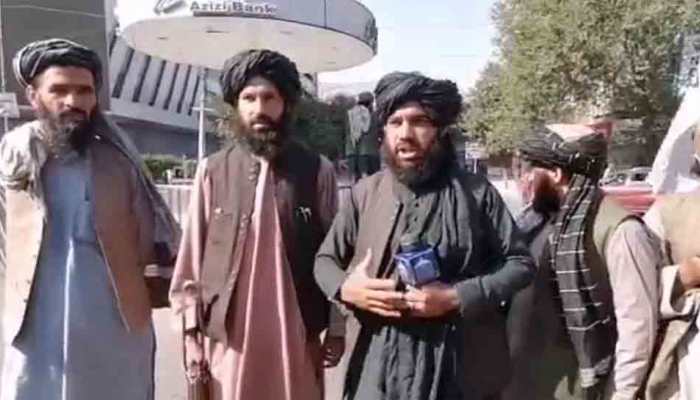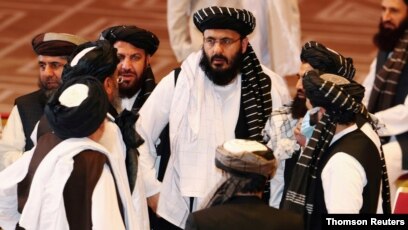

Someone has to be blamed, so why not Pakistan? Frankly speaking, it's quite tiresome," said Tasnim Aslam of the foreign ministry. "We all know the situation in Afghanistan is very bad. Pakistani officials angrily deny the allegations, dismissing them as a convenient smokescreen for the failures of Mr Karzai and his western allies. "So much of what we have is second-hand," he said. But the volume of evidence was persuasive.

"Whether these contacts are to stop attacks in Afghanistan or to encourage them is hard to know," he said.Īnother diplomat described the difficulty of collecting intelligence in the tribal belt, where the Taliban's bases are concentrated. One senior official said that while he believed the ISI leadership supported Mr Musharraf, there was evidence of regular meetings between low and mid-level officials and the Taliban. "Information is being passed from the ISI to Taliban units about movements of US and Nato forces, in some cases very tactical information," he said, citing "clear indications from intelligence sources".Īcross the border in Islamabad, western diplomats describe themselves as concerned agnostics on the issue. Seth Jones of the Rand Corporation, an American thinktank that works closely with the US military, said his government believes the ISI is providing training, money and sensitive information to the Taliban. Western military officials share his scepticism. The accusations ring loudest in Afghanistan, where the embattled president, Hamid Karzai, says Pakistan is up to its decades-old policy of dirty tricks and meddling in Afghan affairs. The insurgency's high level of sophistication has aroused suspicions that Pakistan has quietly reactivated its old alliance through its powerful spy agency, Inter-Services Intelligence (ISI). But this year's hurricane of Taliban violence - a succession of thumping battles and suicide bombings that has killed more than 4,000 people - has given western officials reason to believe that some connection remains. Although Islamabad supported the Taliban in the 1990s, when Col Imam was posted to the western city of Herat, Pakistan's president, Pervez Musharraf, severed all links with the group after September 2001. Pakistani officials claim that men like Col Imam are relics of a bygone era. They were the most respected people in Afghanistan," he said.
Taliban insurgency free#
"They brought peace, they eradicated poppies, gave free education, medical treatment and speedy justice. "I had an emotional attachment with the Taliban."Īlthough reviled by many the Taliban were really a force of "angels", claimed the 62-year-old agent. "I was hurt," said Mr Amir, better known under his nom de guerre Colonel Imam, during a rare interview in Islamabad. Sultan Amir, a Pakistani intelligence agent who helped to propel the Taliban to power, watched in dismay. There was savage vengeance too - some Taliban stragglers were lynched and dumped on the roadside.īut not everyone was celebrating.

Men queued to have their beards shaved, some women removed their burkas and Radio Kabul played music for the first time in years - announced by a woman. As the turbaned Islamists scurried, whooping residents rushed on to the streets. Five years ago today the Taliban vanished from Kabul and a liberated city exploded with joy.


 0 kommentar(er)
0 kommentar(er)
